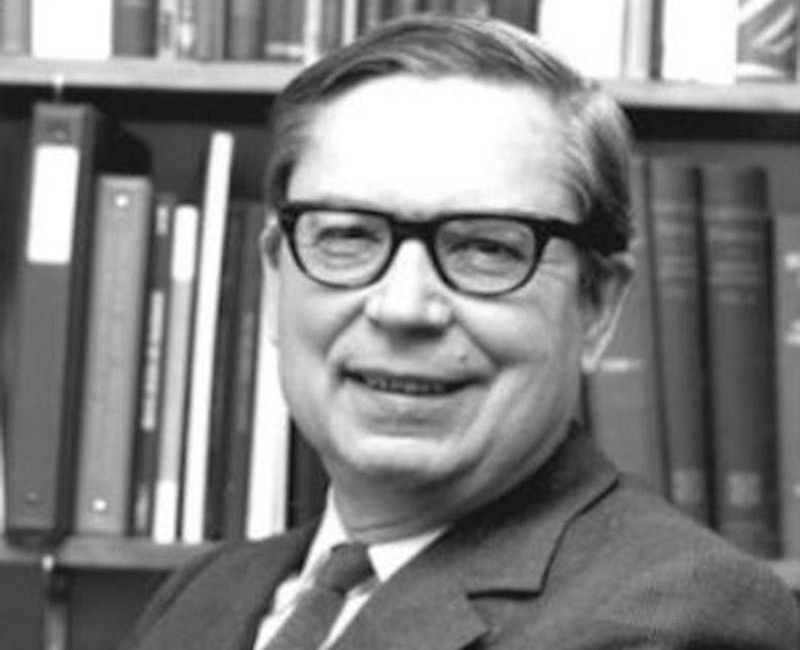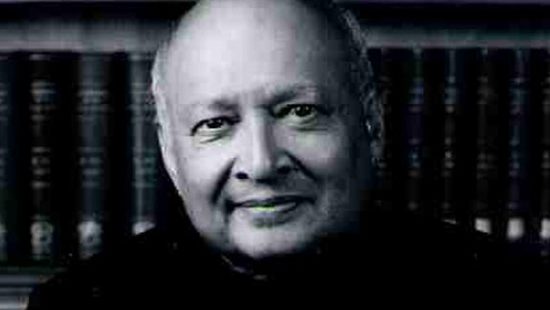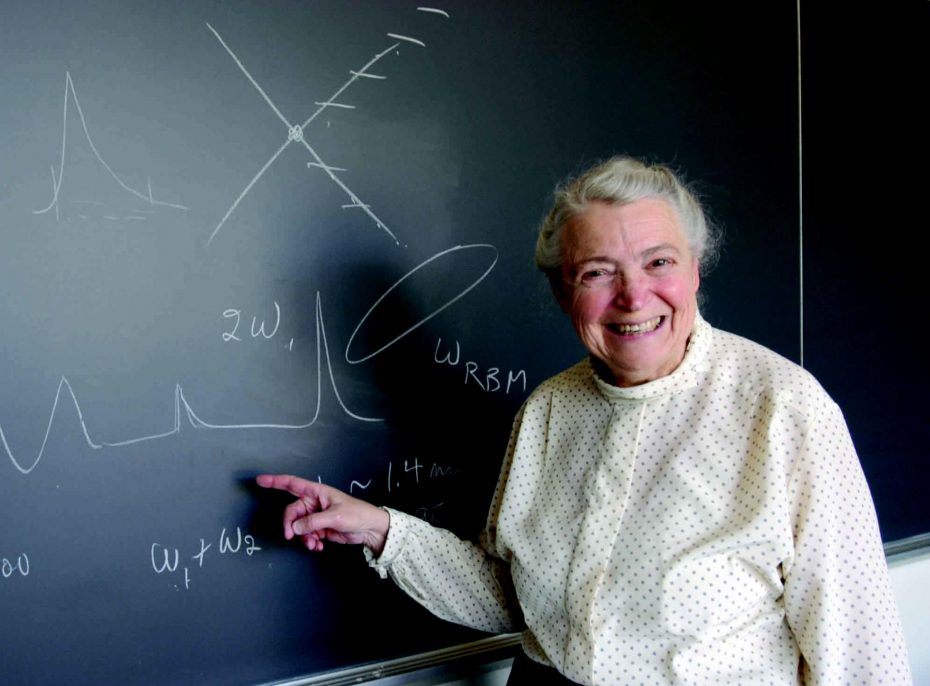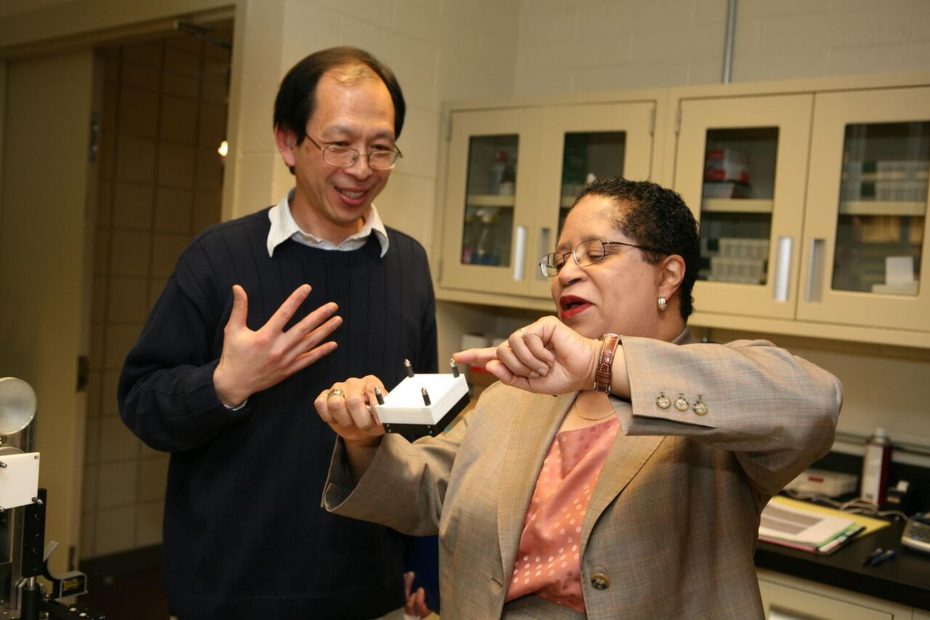Following a devastating earthquake in the 1930s, civil engineer George Housner was concerned that there was no discipline dedicated to studying earthquake preparedness – so he created one.
Housner first became interested in disaster research after a destructive earthquake in Long Beach, California in 1933 which measured 6.3 on the Richter Magnitude Scale. The then-student began studying at California Institute of Technology – also known as Caltech – only a few months after the earthquake.
Today, many in the scientific community consider Housner to be the father of seismic engineering. The discipline focuses on research into how earthquakes affect buildings and what engineers can do to improve their stability.
In an interview with the Los Angles Times following Housner’s death in 2008, Caltech professor of engineering seismology Tom Heaton said his former colleague was an innovator in the burgeoning field.
“George was man of great intellect, which he used diligently to reduce the impact of earthquakes on our society,” he said. “He was one of those people who changed our world.”
By Rachel Warren






